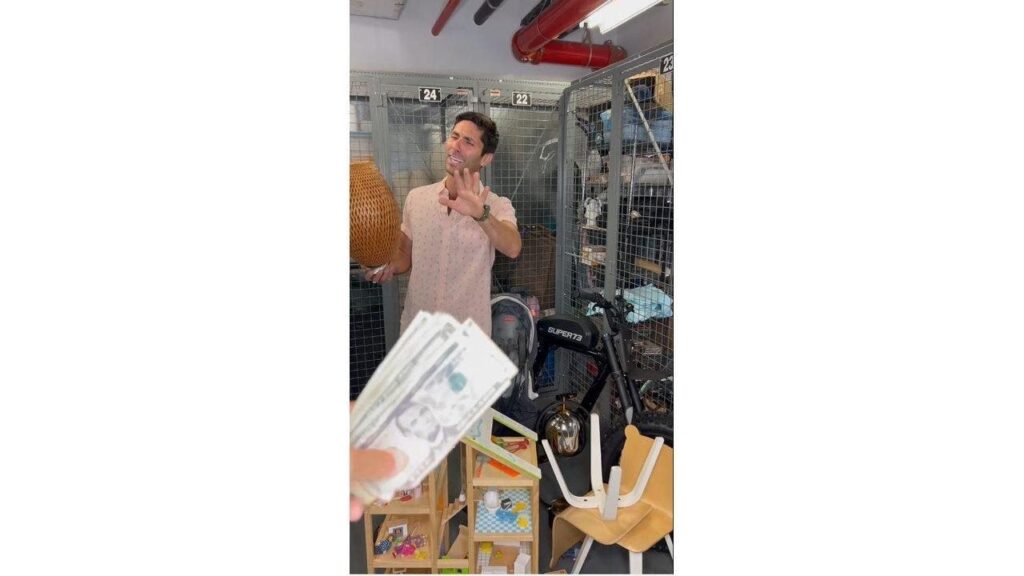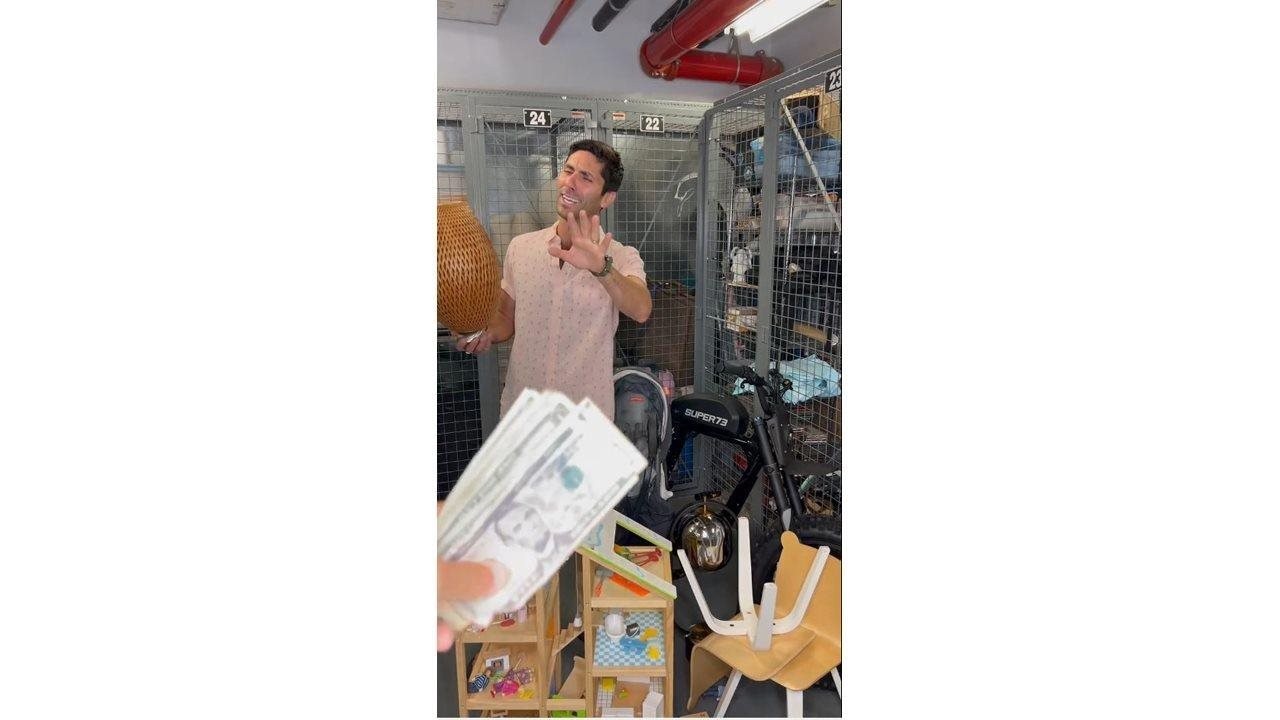(BPT) - By Nev Schulman in partnership with Zelle®
The years I've spent hosting and producing MTV's 'Catfish' have taught me that scammers are smart and know how to prey upon our most vulnerable moments: a period of loneliness, fear of missing a bill payment, losing out on a good deal. No matter the situation, it's important to recognize the red flags and not get too caught up in the moment.
Here are three trending scams to watch out for and tips to protect you and your money.
Vacation Rental Scams
For those who are looking forward to a quick vacation getaway, be cautious of vacation rental scams. Whether you're planning to book a cottage in wine country through VRBO or a lakeside cabin on Airbnb, scammers may create fake property listings or copy legitimate ones. Their goal is to convince you to pay for the rental with P2P services instead of through the main booking website. In the end, they'll end up stealing your money and you'll be left without a place to stay. I made a PSA video with Zelle® on vacation rental scams. Check it out here.
Here are some quick tips and tricks to avoid falling for a vacation rental scam:
- Check the reviews. If there are few to no reviews, or the reviews don't appear legitimate, avoid that property listing.
- Double check the property photos. Spend the time to complete a reverse image search to ensure the images aren't associated with another legitimate listing in a different location.
- Stay on the booking site. Don't make payments outside the main booking platform or site.
- Trust your gut. If the deal seems too good to be true, then it probably is.
Utility Scams
If you get a call from your utility company claiming that you have an overdue bill and threatening to shut off your power unless they receive immediate payment, this is most likely a scam. Scammers will impersonate utility companies and call or text customers using these scare tactics to pressure customers into paying with a P2P service, a reloadable card or gift card, a wire transfer or even cryptocurrency. I made a PSA video with Zelle® on this type of scam, which you can watch here.
Here are three tips to avoid utility scams:
- Don't always trust caller ID. Scammers can use spoofing technology to trick caller ID into displaying false information.
- Pause before paying. Don't be pressured into paying immediately. Your utility company will not cut off service without providing considerable advanced warning.
- Hang up and call your utility company directly. Always call an official representative at the utility company to confirm any details. Do not trust a call-back number provided by an unknown caller.
Facebook Marketplace Scams
If you're hoping to clear some space in the garage and sell a few items on Facebook Marketplace, watch out for this scam. Typically, the scammer pretends they would like to buy an item that you listed on Facebook Marketplace and may even offer to pay above the asking price. Next, you might receive an email that appears to be from Zelle®, urging you to send money to 'upgrade' to a business account in order to release any pending payments from the buyer. However, this email is fake and there is no such thing as an upgraded Zelle® account. Check out the PSA video I created with Zelle® on this type of scam here.
Here is what you should keep in mind before moving forward with a buyer on Facebook Marketplace or any other type of online marketplace:
- Be wary of quick responses and fast payment promises. If you post an item and you immediately get contacted with an offer to pay full price (or higher), consider giving it at least 24 hours to get other offers. Most people will ask for more information about the item or to see it in person first before offering to pay on the spot. Remember, if it sounds too good to be true, it probably is.
- Watch out for anyone urging you to 'upgrade' your P2P account to a business account. This is a scammer tactic to trick you into sending money to the scammer's account.
- Zelle® will never send you an email regarding Facebook Marketplace or any other online sales platform. Examine the email address and look for phonies. Zelle® will never send an email from gmail.com or other free email services. Any email appearing to be from Zelle® related to online buying/selling is fake, even if it looks legit and has the Zelle® logo.
These are some of the most common scams making the rounds today. Remember to use your best judgement and stay safe out there!
For more tips on how to protect yourself from scams and keep your money safe, visit the Zelle® Financial Education Center, or follow me on TikTok, Instagram or Twitter to check out the latest PSA videos that I've created in partnership with Zelle®.
Zelle® and the Zelle® related marks are wholly owned by Early Warning Services, LLC and are used herein under license.


